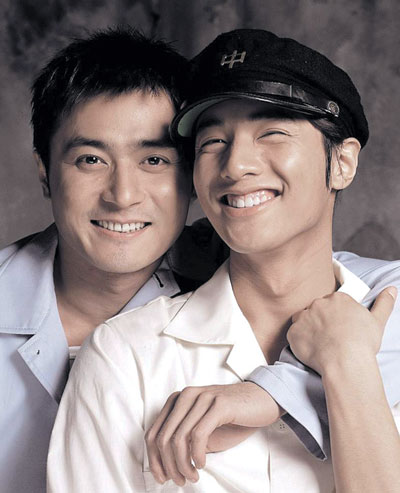
The base of this novel is the homosexual problem and death of the brother, experienced by a sixteen-year old boy. This unique subject, homosexuality, occupies an issue in our various cultures these days. However, this novel is showing us what is most important ultimately in our lives, not just simply discovering a new subject. If there is a universal example for a human to pass through from being born to becoming an adult, then that example is the death and settling his sexual identity.
The main character, Luke, cannot let go of his brother, Maus, who has died six months ago. He has locked in his emotions and he does not express his sadness. It is very different from his mother who is drinking down her sorrow and his father who pretends to be unconcerned out of loss.
The mother plans to have a bonfire for Maus's possessions when his first birthday comes after his death. Luke sneaks away his dead brothers diary and by that time, he eventually flashes back to the past he had with his brother and doubts the existence of brotherhood. Luke confronts the truth of life, which is death, and it is the passage that a boy has to go through to become an adult, he especially falls to confusion by the death of the closest flesh and blood relation, his brother. However, the truth that a life can be so cold and heartless in front of the gravity of death, approaches the boy as an unfamiliar experience. Luke slowly overcomes the loss of existence and death, by remembering the fading voice of his brother and trying his brothers clothes.
The boy finally accepts his brother's death not as an eternal banishment, but as a disappearance in this phenomenal world. This shows in one of his dreams that his brother's part of land falls off and joins again with another side of his part of land to make a new Pangaea. Luke believes that the death is a reunion of their brothers in an unknown beautiful island, not the eternal farewell of the dead and the living. After all, the death cannot divide the two, which Luke has concluded. The Brother is still alive within him.
While Luke tries to keep his brothers diary, he confronts another knot of his life, which is the issue of homosexuality. It is a tricky subject but it also is a life passage which teenagers have to go through as a sexual curiosity or a confusion of sexual identity.

Everybody feels confused in his sexual identity during the teenage years. However, Luke and Maus think that this confusion is not just a choice, but it is their destiny. The reason why they try to deny their fate is because they know prejudicial society does not accept or understand them.
This novel brings a truly fundamental understanding of gays towards the readers by portraying the confusion of sexual identity in teenagers seriously but delicately. So many doctors did not know that Maus's muscle cramps were due to a very rare disease known as Wilson's Disease. It was their prejudicial mistake to believe the physical problem as a child with no care and categorized it into a mental illness. Would this not be an indirect point of the author that the prejudice in our society towards homosexuals is also a kind of fallacy?
When Luke exposes himself as a gay to his mother, she sighs out that we just want you to be happy. That's the important thing. Any parents, towards their children, are the parents after all. It is love.
The actual time line in this piece is set just one day from the carnivals from one afternoon to the afternoon of the following day. However, it is not sequential and it overlaps the past and the present by inserting the dead brothers diary. Although it approaches a subject full of philosophical reflection of life, very tactful and sensitive dialogues and the mothers cynical humors make the readers not lose their interest while reading this piece. Brothers by Ted van Lie shout well suggests what our teenagers have to perceive, how the older generation has to examine, and what role the literature has to take, in order to resolve the increasing problems in teenagers, and the separation of families these days.
저작권자 © 영남대학교 언론출판문화원 무단전재 및 재배포 금지


